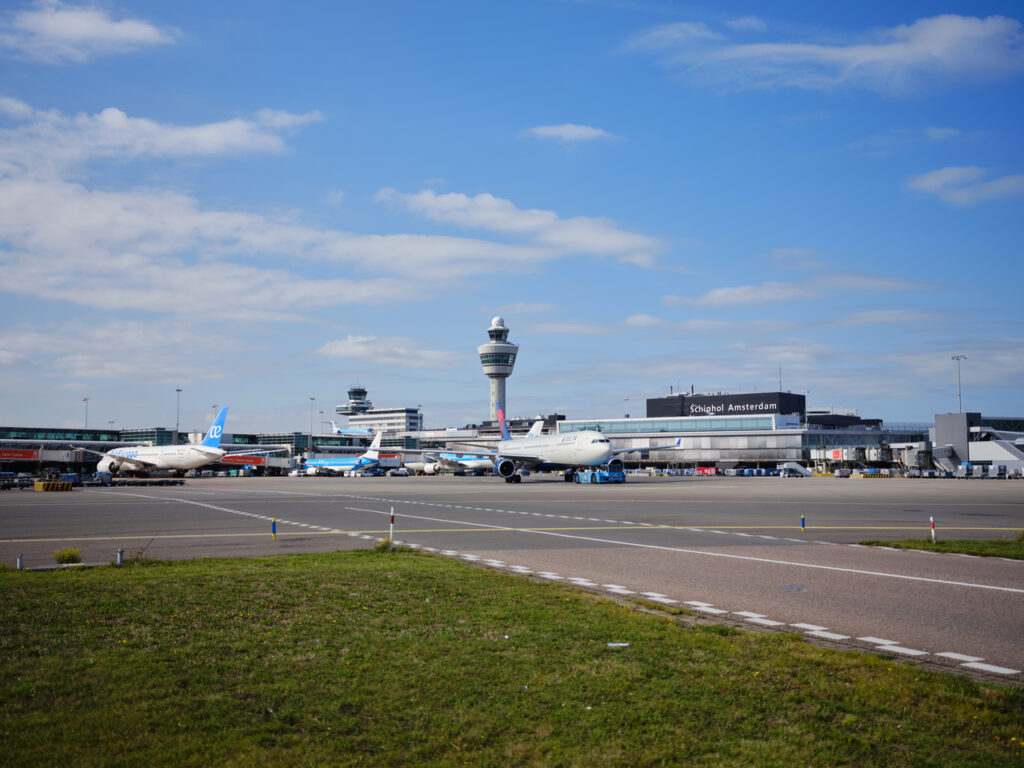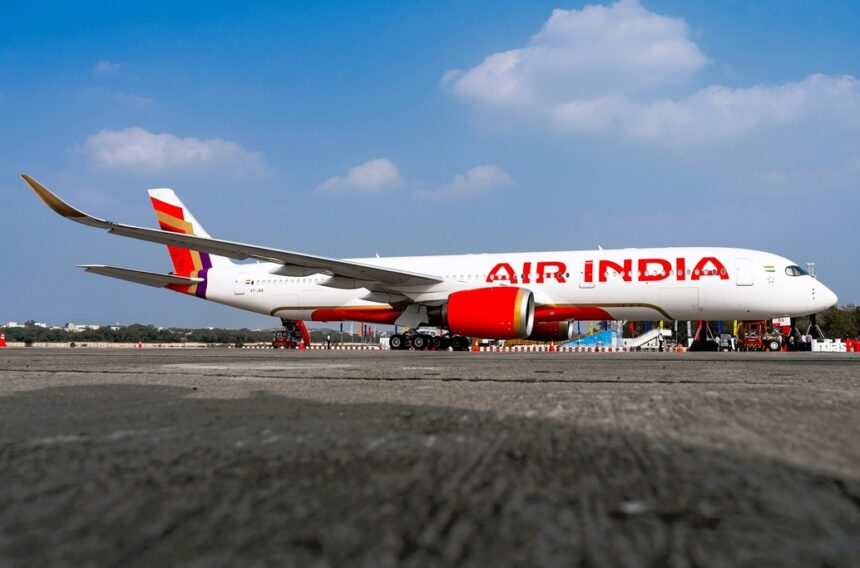Air travel demand has seen a healthy start in 2023. In the midst of increasing air traffic, Amsterdam’s Schiphol Airport is proposing capacity limits.
An International Air Transport Association (IATA) report shows that carriers based in the Middle East saw a dramatic 97.7 percent increase in their passenger traffic numbers throughout the first month of 2023, when comparing figures to the same time in 2021.
Figures such as these should come as no surprise, as the Middle East was the most successful region in 2022 for total traffic gains, growing 2.5 times on the year before. Middle Eastern capacity rose 45.9 percent and load factors improved by a fifth to reach 79.2 percent.
Director General for the IATA, Willie Walsh said this of the positive trend in air travel traffic numbers: “Air travel demand is off to a very healthy start in 2023.”
“The rapid removal of COVID-19 restrictions for Chinese domestic and international travel bodes well for the continued strong industry recovery from the pandemic throughout the year.”
“And, importantly, we have not seen the many economic and geopolitical uncertainties of the day dampening demand for travel.”
In February of this year, IATA released figures that suggested worldwide air traffic had recovered by more that two thirds.
Walsh suggested at the time that border closure and flight restrictions did not do as much to stem the spread of covid as the scientists implied:
“It is vital that governments learn the lesson that travel restrictions and border closures have little positive impact in terms of slowing the spread of infectious diseases in our globally interconnected world,” he noted.
A clean sweep of traffic increases
Traffic for African airlines rose 124.8% compared to January 2022, resulting in an 82.5% increase in capacity and a load factor rise to 73.7%. On top of this, international traffic climbed over 100% against the January 2022 figure.
Asia-Pacific enjoyed the highest year-on-year rate of passenger growth, posting 376.4%. The figure proving to be perilously high due to the border closures throughout the region 2022.
The remaining regions of Europe, North and Latin America both also saw traffic increases in January. Rising 60.6%, 82.4% and 46.8% respectively.
With Latin America’s load factor coming in the second highest among the regions, rising 7.1% to finish at 82.7%.
These headlines are fast becoming the norm across the world as the pandemic inches further away in our rear view mirrors. Some of the last borders to open were Hong Kong and mainland China, reopening during early January 2023.
Schiphol forced to reduce capacity
“With strong travel demand continuing through the traditionally slower winter season in the Northern Hemisphere, the stage is set for an even busier spring and summer.”
“At a time when many are just beginning to enjoy their newly restored travel freedoms, it is especially disappointing to see the Dutch government making plans to limit their movements by unilaterally and unjustly reducing operations at Schiphol Airport,” Walsh continued.
Walsh is referring to the Dutch Governments plans to enforce a 40,000 flight reduction on the airport’s flight capacity over the next 18 months.
In a step towards improving the noise pollution levels in the country and to heavily reduce carbon emissions, Schipol has been hamstrung to a maximum capacity of 460,000 flights during the twelve months ending September 2024.
The Schiphol Airport mandate was not well received by carriers across the region, protesting it to be both unnecessary and damaging towards the airline industry.
KLM, the national carrier for The Netherlands and easyJet, one of Britain’s largest low cost airlines, and a major player in Europe’s air travel industry have together denounced the governments plans.
Marjan Rintel, CEO of KLM said: “As the government appears not to hear our call, unfortunately we find ourselves compelled to take legal action.”
Country manager for easyJet, William Vet added: “By choosing to pursue an arbitrary flight cap the Dutch government totally disregards both the efforts made by the industry to decarbonise as well as the socio-economic benefits of aviation, significantly reducing connectivity.”









